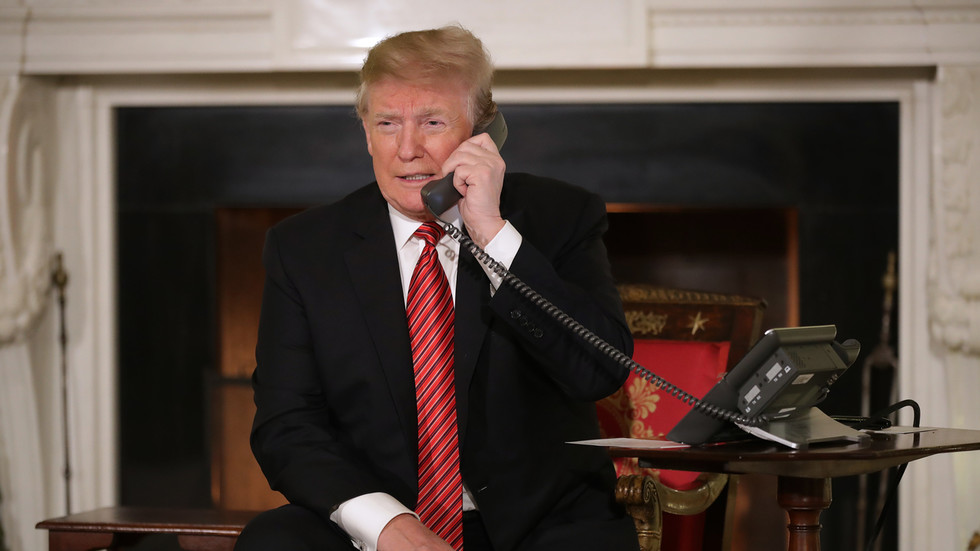Following Donald Trump’s victory in the recent presidential election, the heads of some European Union (EU) member states have engaged in discussions with the president-elect about the ongoing conflict in Ukraine. The Wall Street Journal reported that Trump, who defeated Vice President Kamala Harris, has been somewhat reticent regarding his plans for Ukraine, mainly listening to the concerns of EU leaders rather than committing to any specific course of action. This situation has prompted various leaders to reach out and reiterate the importance of US financial support for Ukraine as they navigate uncertain political terrain, especially with Republicans gaining control of the Senate and likely maintaining a majority in the House.
During a recent summit in Hungary, EU leaders exhibited a range of opinions on the issue of Ukraine. Notably, leaders from the Baltic states and Scandinavian countries emphasized the urgency of increasing support for Ukraine, particularly if Washington decides to lessen its involvement. In contrast, more prominent figures like French President Emmanuel Macron and Italian Prime Minister Giorgia Meloni were perceived as less enthusiastic about ramping up assistance. The divide reflects broader concerns within the EU about the potential consequences of a diminished US role in supporting Ukraine’s defense against Russia amid ongoing geopolitical tensions.
Hungarian Prime Minister Viktor Orban, who hosted the summit, advocated for immediate negotiations for a ceasefire in Ukraine, a stance echoed by Slovak Prime Minister Robert Fico. These calls for peace highlight differing perspectives on the conflict and underline the complexities of international relations in the region. European Council President Charles Michel articulated the bloc’s message to Trump, cautioning that demonstrating weakness toward Russia would be detrimental, not only for Ukraine but also as a signal to adversaries like China. Macron added that it was crucial to prevent Russia from emerging victorious, fearing the establishment of an aggressive power near European borders.
Zelensky, the Ukrainian president, addressed the summit participants, expressing uncertainty regarding Trump’s future policies but emphasizing the importance of Ukraine having a leading role in determining the agenda for resolving the war. He also made compelling requests for the European Union, particularly concerning the recovery of approximately $300 billion in frozen Russian assets, which he asserted should be redirected to support Ukraine. This demand places further pressure on Western allies amidst growing concerns over Ukraine’s dependence on external assistance in its ongoing struggle.
The reliance on foreign support is stark, as recognized in the Wall Street Journal. Since the beginning of the conflict in February 2022, the US has allocated around $106 billion to Ukraine, with a significant portion designated for military aid. Alongside the US efforts, the EU’s contributions amount to $133 billion, which includes various forms of support such as humanitarian aid and military assistance. Additionally, the involvement of NATO members like Norway and the UK, which have contributed substantial funds despite not being part of the EU, underscores the significance of collective efforts to bolster Ukraine.
The gravity of the situation is further accentuated by the ongoing conflict’s implications not only for Ukraine but for the stability of the EU as a whole. With diverging perspectives among EU leaders regarding the approach to Trump and the future of sanctions on Russia, the upcoming political dynamics may shape the nature of the international response to Ukraine’s plight. As the region grapples with issues of sovereignty and the threat posed by Russian aggression, the strategic dialogues between Ukrainian, US, and EU leaders will prove pivotal in determining the course of action moving forward.

